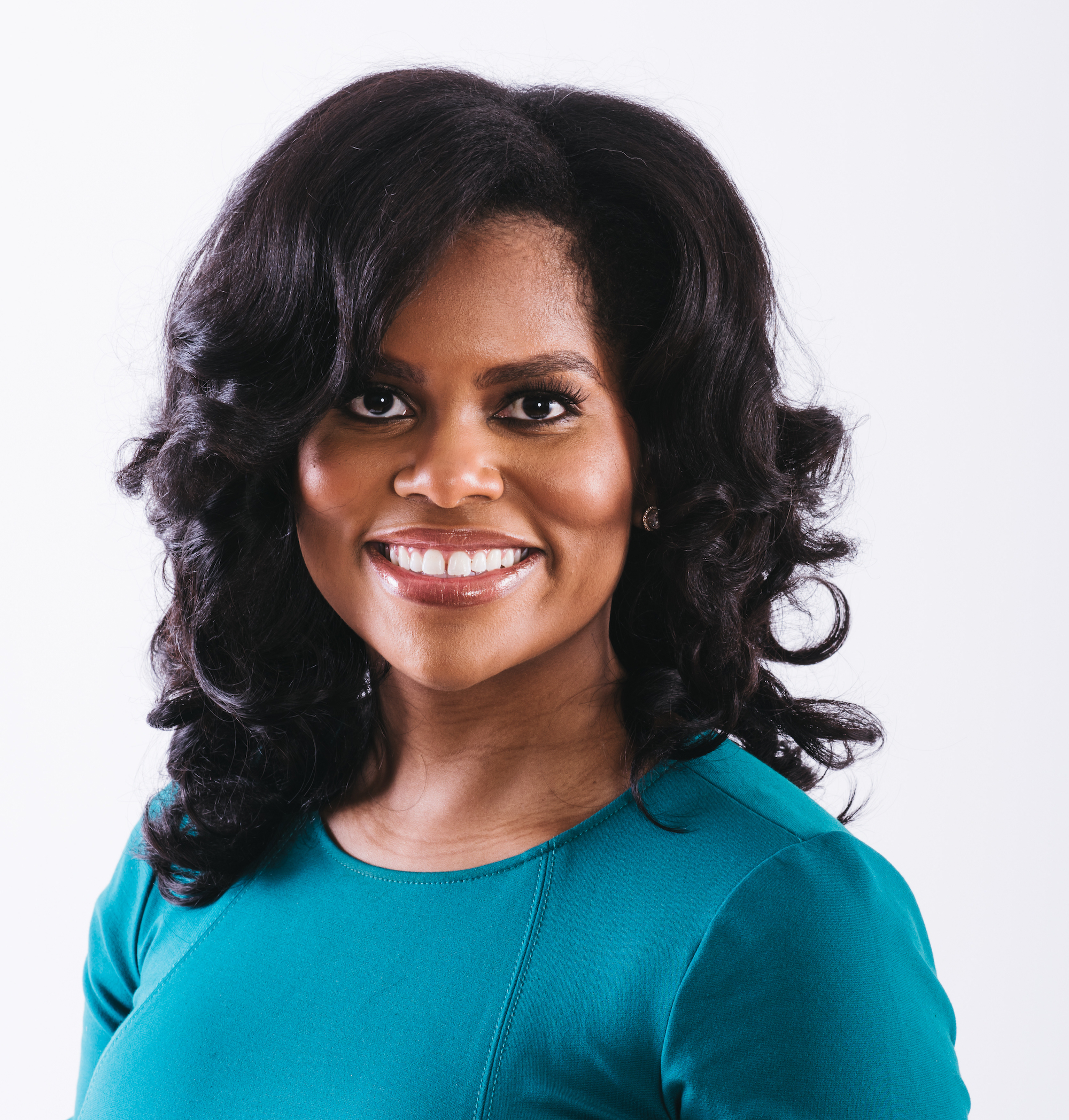Think, Heal, Thrive: Why Should Black Americans Care About the Green New Deal?
By Rev. Shakira Sanchez Collins, MD, Columnist
Months after the mid-term elections in the United States, Democrats such as US Congresswoman Alexandria Ocasio-Cortez have started to introduce the Green New Deal. Policymakers, environmentalists, and scientists have gathered to come up with a plan as innovative as the original New Deal from the 1940s to address climate change. Yet, the Green New Deal seeks to be more revolutionary by prioritizing the inclusion of marginalized groups—people of color, the disabled, women, indigenous peoples, the un-housed—in the creation of a new, inclusive green economy. According to the United Nations Environment Programme, an “inclusive green economy is one that improves human well-being and builds social equity while reducing environmental risks and scarcities.”
While most Americans have heard of the Green New Deal, most Americans do not know what the Green New Deal entails. In January 2019, the think tank, New Consensus, released a proposal and resolution of the goals that are easily accessible on their website. The policy lead for New Consensus and one of the main policy writers is none other than Rhiana Gunn-Wright, a millennial black woman who was previously the policy director for Abdul El-Sayed, a former Democratic gubernatorial candidate for the state of Michigan.
According to Gunn-Wright, the crux of the Green New Deal is to address climate change by investing in infrastructure and industry to reduce greenhouse emissions and pollution; create more jobs through those investments; and intentionally include everyone, such as marginalized groups, within a new green economy that is sustainable for generations to come. “We are restructuring our economy so that it is more just, more fair and sustainable to everyone with an eye to repairing the harms that have happened to people of color through past policy,” says Gunn-Wright.
At the onset, the Green New Deal wants to create a new economy that acknowledges that the issues of pollution, employment, and equity are interconnected, especially for marginalized groups like Black Americans. Black Americans are more likely to be exposed to pollution and in higher amounts in our society. In 2018, a report was released by the National Center for Environmental Assessment of the US Environmental Protection Agency that looked at differences in exposure by race/ethnicity and class. The report concluded that Blacks, specifically, had 1.54 times higher burden of dealing with particulate matter emissions (also known as inhalable pollution) than did the overall population.
In regards to jobs, Black Americans continue to lag behind their white counterparts in the unemployment rate. Although the US unemployment rate has decreased over the last eight years for every race/ethnicity group, the Black American unemployment rate is still twice as high as that of White Americans in 12 states and the District of Columbia, according to a 2018 report released by the Economic Policy Institute. “This is a transformation of our economy [in which] you have to think not just about the issue [climate change] but the drivers of the issues such as inequity,” says Gunn-Wright.
At this time, the policymakers have only released information about the goals of the Green New Deal so that Americans can understand why the Green New Deal is significant. According to Gunn-Wright, the details of how the policies will be financed and accomplished will soon be released to the public. Stay tuned.
The Rev. Shakira Sanchez-Collins, MD, is a physician, ordained minister, and health advocate. She writes about issues pertinent to the health, well-being, and lifestyle in communities of color.





